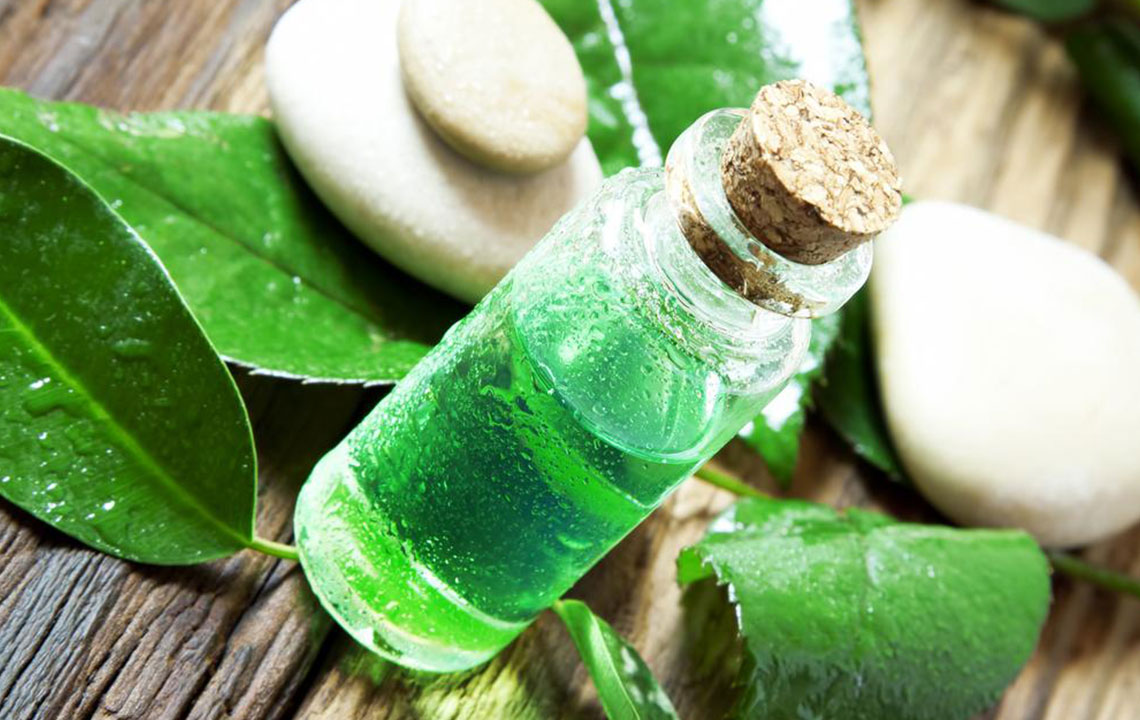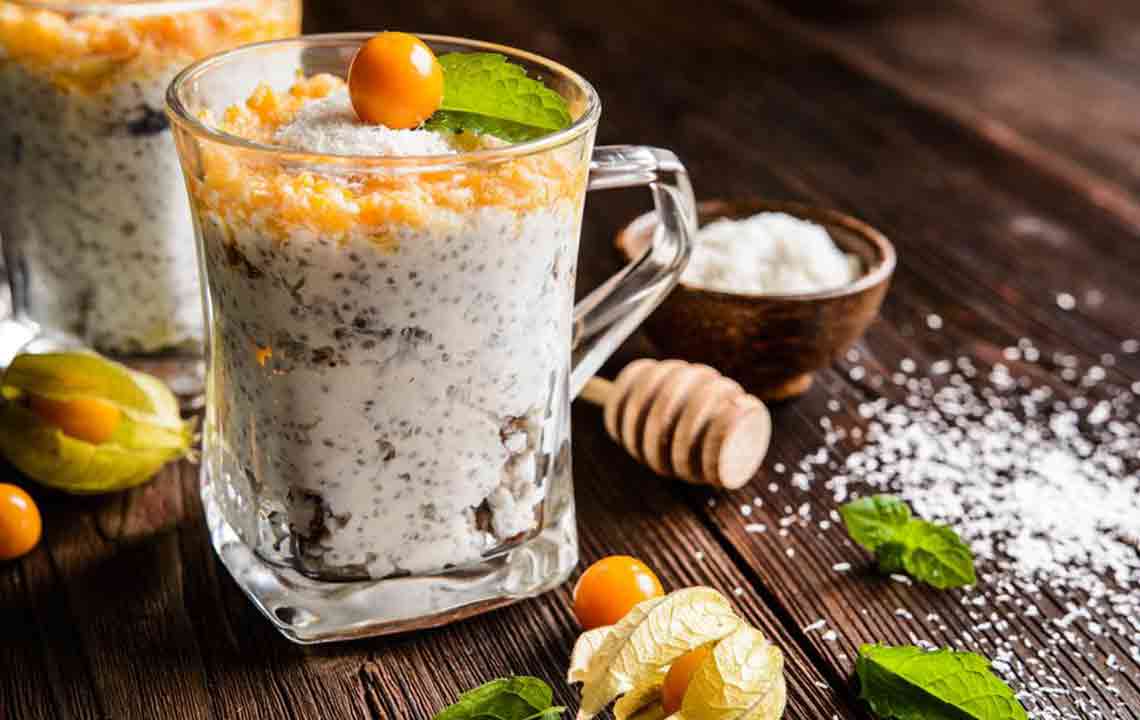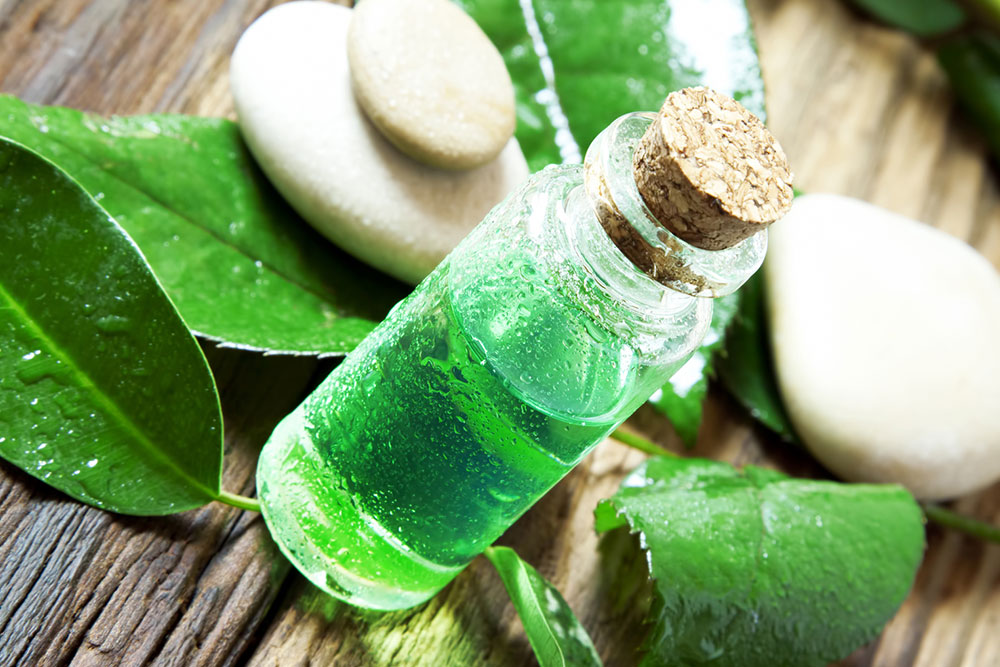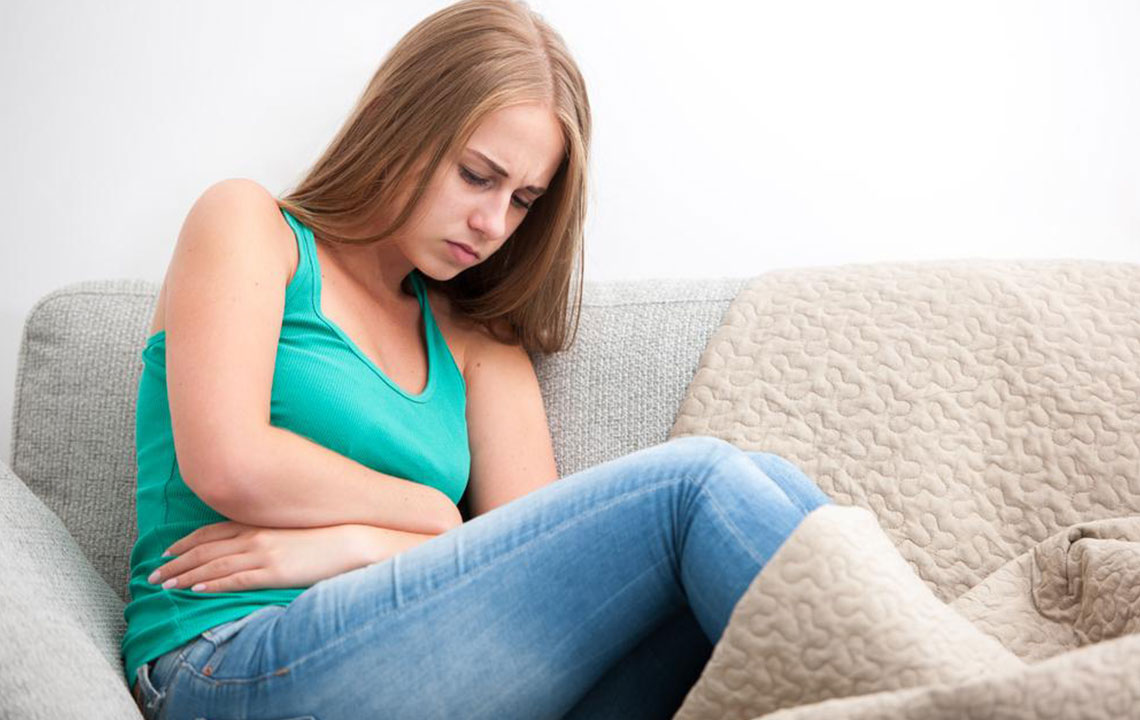Preventive measures for yeast infections
Vaginal yeast infection also known as candidal vaginitis is caused by the fungus candida albicans. Candida already exists in healthy numbers inside the vagina, but an infection occurs when there is an overgrowth of this yeast. Candidal vaginitis is an extremely common health concern among women. Most vaginal infections are not a sign of any serious health problem, but it is advised that you consult your doctor to clear doubts.
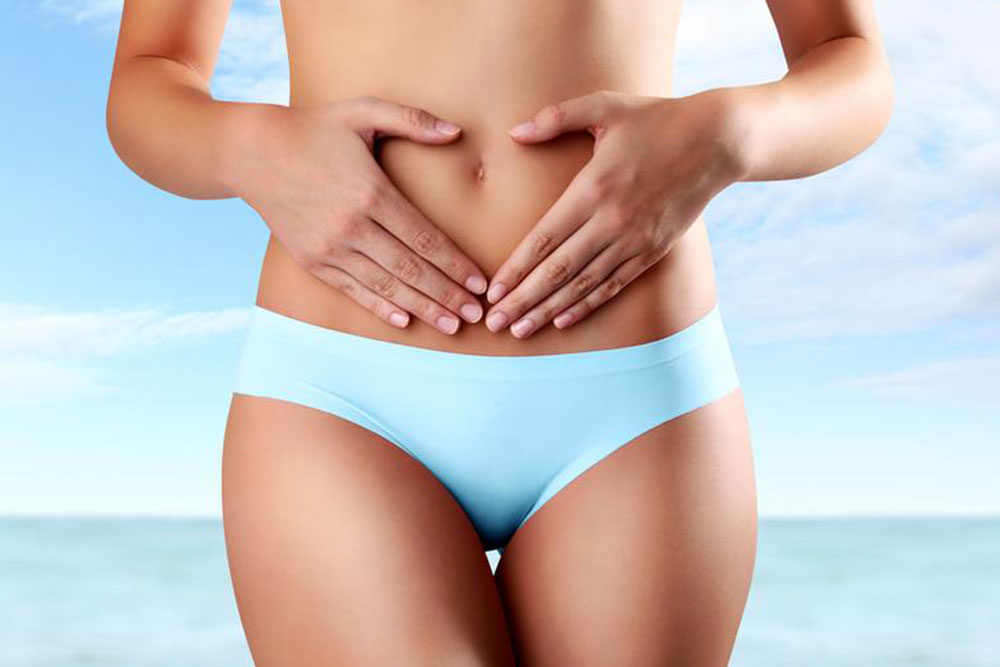
There are several best yeast infection remedies available in the form of over-the-counter (OTC) or prescription drugs. You can also opt for natural alternatives. With the right kind of treatment, one can easily get rid of the vaginal yeast infection. But you shouldn’t just focus on the aspect of appropriate medication, it is equally important to be aware about what kind of prevention measures you can possibly take.
Here are some tips that will ensure that you don’t have to deal with vaginal yeast infections again.
Diet “ Your diet is an important part of your physical well being. So, cut down on fast food, refined sugar, and gluten. These are known to aggravate a yeast infection. This doesn’t mean that your need to go on an extreme weight loss diet. Try incorporating more home cooked meals in your food plan to gain quality nourishment. Don’t forget to include the healthy probiotics in your diet.
Undergarments and clothes “ Make sure that you avoid wearing extremely tight undergarments, as yeast thrives in warm temperatures. Always use undergarments that are made from cotton as they are light and breathable. Like undergarments make sure that your regular clothes like pants or denims aren’t awfully close-fitting, as they too can trigger yeast production.
Avoid douching “ The method of douching is often used by several women to cleanse the vagina. But douching can create a disproportion by eliminating the good bacteria. This can further worsen your vaginal health.
Antibiotics “ Consume antibiotics if and only if they are prescribed by your doctor. Don’t self-medicate, as certain antibiotics can create an imbalance, increasing bad bacteria.
Feminine hygiene products “ Hygiene products like tampons, sanitary pads, soaps, body washes, etc. consist of various chemicals that can irritate your private areas. Try to replace them with mild or organic products which promote health as well as hygiene.
Cleanliness “ Be attentive about your hygiene habits, thoroughly wash your clothes and undergarments. Also during menstruation, make sure that you regularly change your sanitary pads and tampons.
